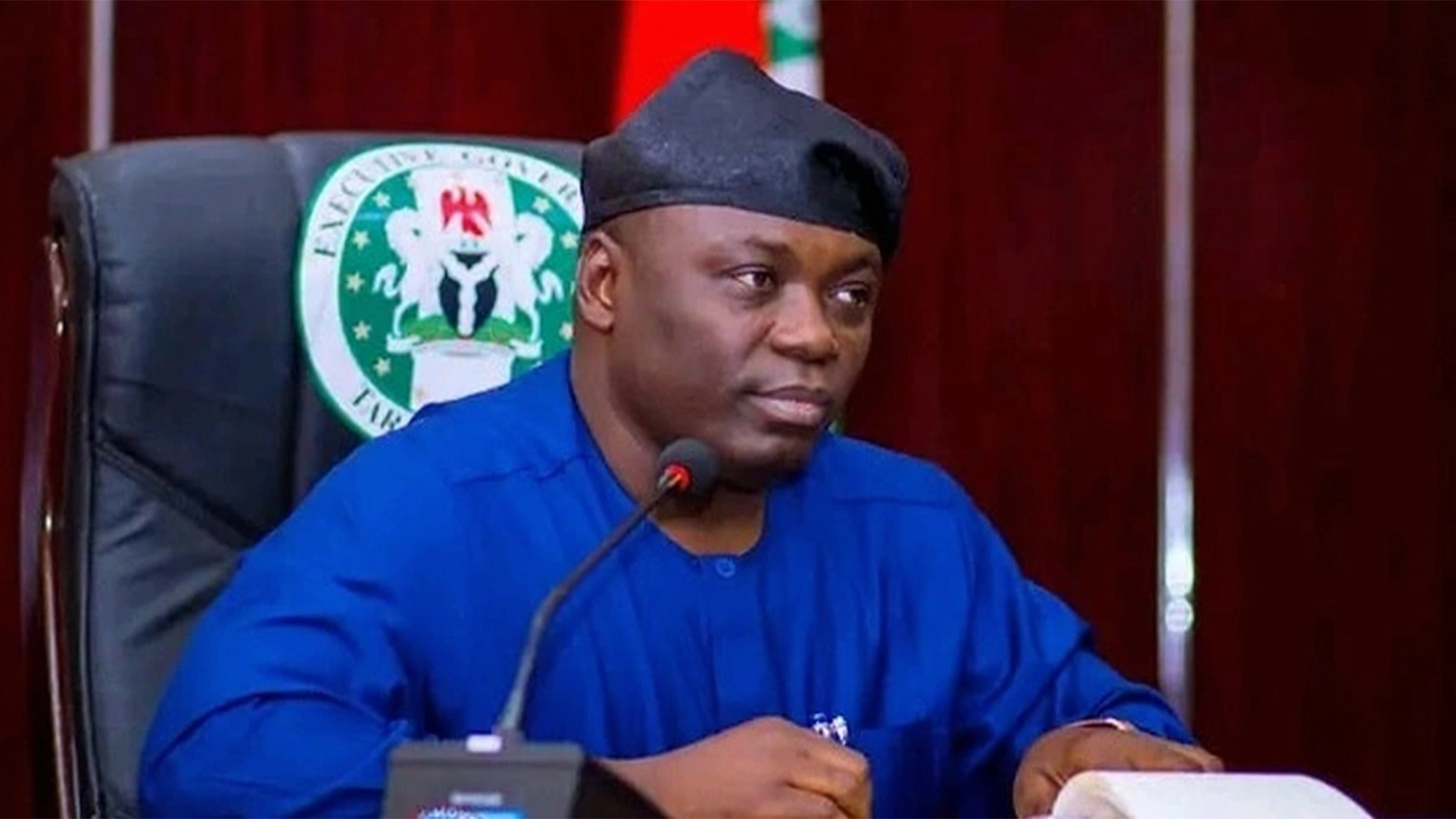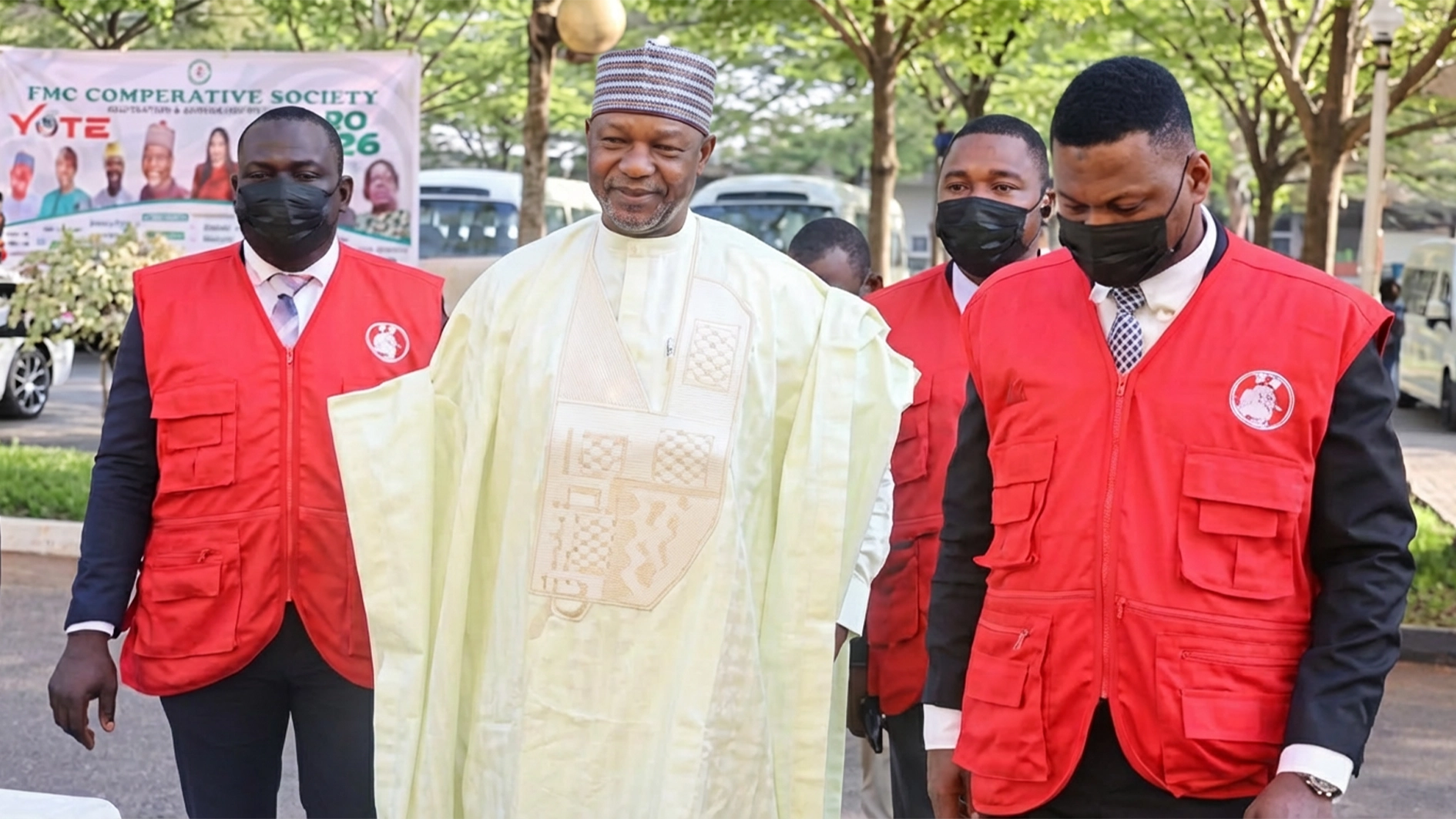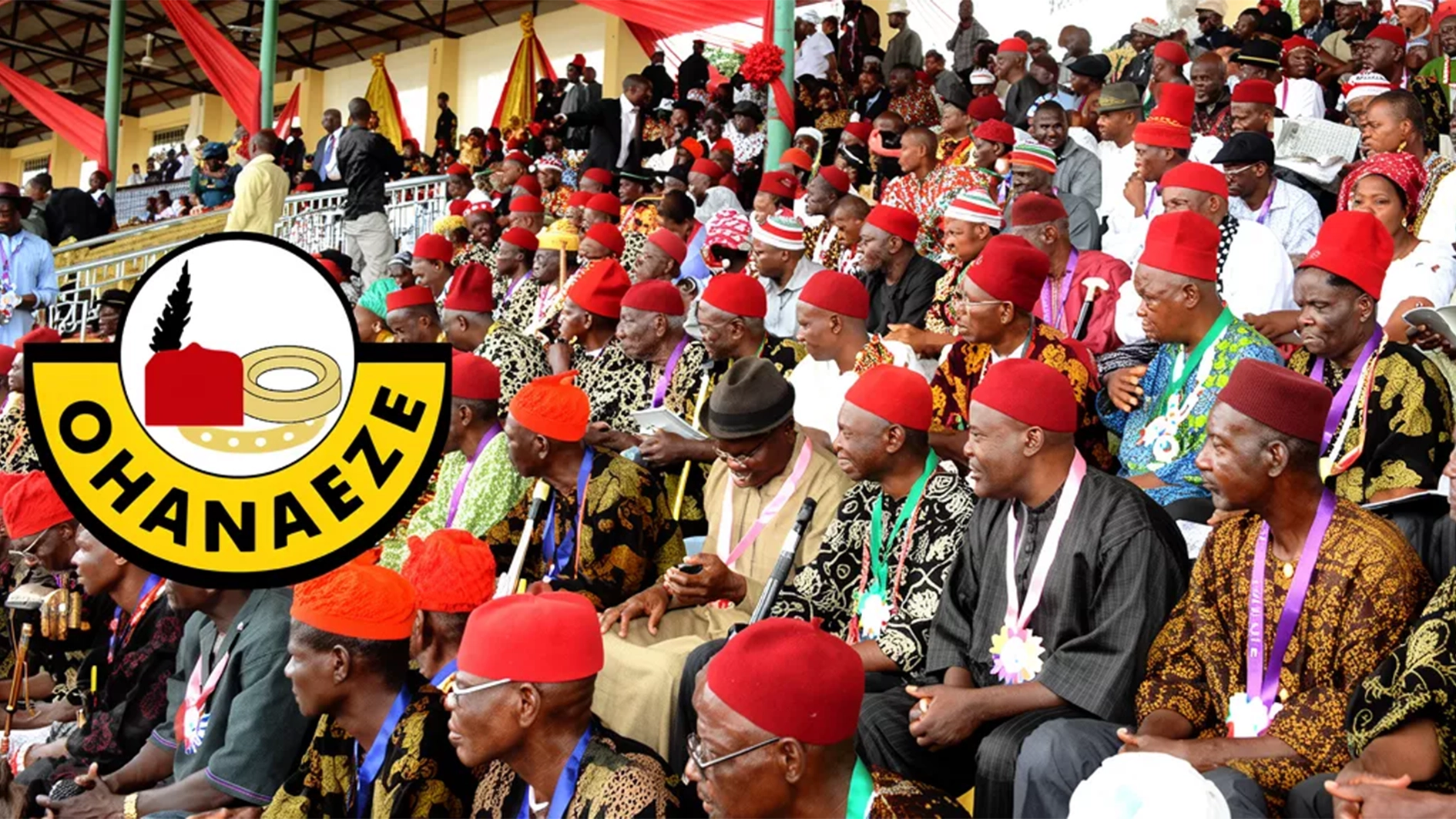Kaduna State Governor, Uba Sani, has re-emphasised the importance of state policing, saying that Nigeria must summon the political will to amend its Constitution to allow the establishment of state police forces and service commissions, as the current centralised policing system is increasingly inadequate for addressing Nigeria’s diverse, localised and rapidly evolving security threats.
He gave the charge yesterday, at the distinguished lecture series, themed “The role of State Governments in overcoming insecurity in Nigeria,” organised by the Nigerian Institute of International Affairs (NIIA), Lagos. Sani noted that insecurity is no abstraction but a reality demanding grounded, compassionate and strategic responses.
In his response, Director General of NIIA, Prof. Eghosa Osaghae, stressed that state, local councils and communities have roles to play on the issue of security, adding that everyone must work in harmony.
He said that Kaduna State had witnessed serious conflicts over the last two decades, but the current administration had come with a different approach, which is imperative that we learn from what works in the state. Chairman of the occasion, Prof. Bolaji Akinyemi, lauded the governor and his efforts in promoting good governance.
ALSO, the Yoruba socio-cultural group, Oodua People’s Congress (OPC), has urged President Bola Ahmed Tinubu to strengthen collaboration between Nigeria and the international community to combat terrorism, kidnapping, and banditry that are threatening national stability.
The group gave the charge following the United States (U.S.) President Donald Trump’s threat to deploy American forces to eliminate Islamist terrorists and jihadists operating in some parts of Nigeria.
In a statement signed by its Secretary-General, Olubunmi Fasehun, the OPC reaffirmed its commitment to Nigeria’s peace, unity, and security, stressing that tackling insecurity requires both local and international cooperation.
The group also urged the Federal Government to work with the U.S. and other developed nations to freeze the assets of terrorism financiers in Nigeria and abroad.
The OPC, while reaffirming its grassroots presence across the South-West, Kogi, Kwara, Edo, and Delta states, pledged to strengthen intelligence gathering by working more closely with the Police, Department of State Services (DSS), and other armed forces. It said the organisation plans to establish dedicated communication channels for prompt information sharing on suspicious activities. while also helping to educate communities on reporting criminal movements, particularly in border and forest areas.
“Our role is not to replace government or security forces but to complement them. When civilians contribute intelligence and work with lawful authorities, crime prevention becomes faster and more effective,” OPC stated.
The group, therefore, charged the Federal Government to confront powerful individuals and networks believed to be benefiting from terrorism and banditry, insisting that the safety of Nigerians must take precedence over politics.






